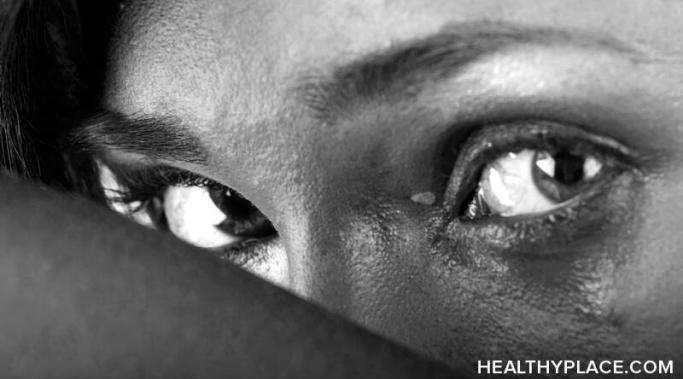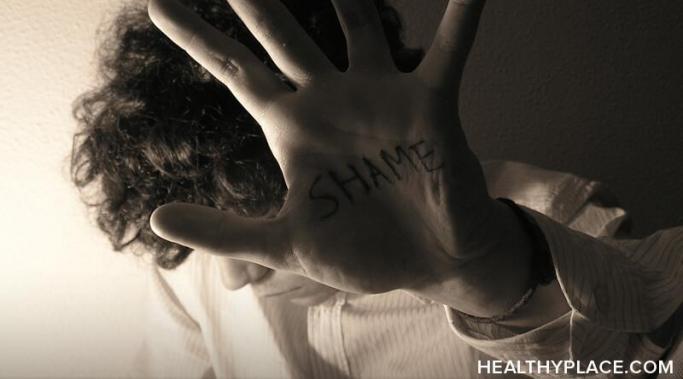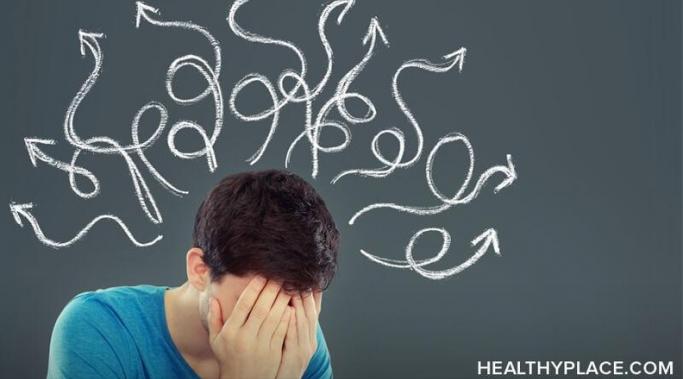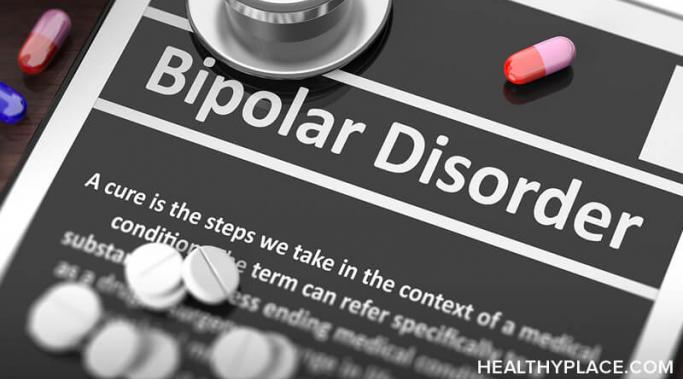Blogs
A few months ago, I talked to my therapist about the sources of my low self-esteem and constant comparisons with other people. I thought it originally started from childhood bullying by other students. But my therapist mentioned that two of my former teachers' emotional abuse might have had long-term effects as well. To learn more about my experience with abuse and how it still affects me in adulthood, read on.
In the aftermath of one of my mental breakdowns, a wise friend once told me that "sometimes you have to think your way into acting differently, and sometimes you have to act your way into thinking differently." I guarantee he didn't come up with this catchy phrase himself, but I give him full credit for introducing me to the notion that when it comes to changing your feelings, your body is as valuable of a mechanism as your mind. If your mind is already sour, thinking yourself into a more positive experience probably isn't an option. You're better off acting your way into thinking differently—or better: biohacking your way into thinking differently.
This week on "Snap Out of It!", I talk with, well, me. I share my own story of what it’s like to work with a mental illness. I talk about mental illness stigma in the workplace and finally leaving the workplace because of mental illness. I also talk about some basic statistics about why mental illness in the workplace matters, and I answer your questions.
The secret shame of self-harm is a heavy burden—one that, especially when borne alone, can slow us down and hinder the healing process. Self-harm recovery begins with learning to let the shame of self-harm go.
I prefer the version of me without an eating disorder—honestly, I do. Just a few short years ago, I never thought I would be able to utter those words from a sincere, authentic place. But so much about a human can change and transform in recovery. I used to fear that I would not recognize myself in a healed state, that I would lose my sense of personhood in the absence of those compulsions and behaviors I identified with so strongly. This fear still creeps in sometimes, but now I can spot the distortion beneath it. These days, when I look in the mirror, it's deeper than recognition. I see the real me, not the masked, hollow pretense I once believed was me. It feels exposed and vulnerable, but it also feels right.
The ongoing side effects of verbal abuse can be complex and last for years. One exceptionally painful emotion that still resonates with me, even decades after, is guilt. It can be hard to move past it, and it may also invite its close friend, shame, to the party.
I sleep a lot. I always have. From a certain point of view, I'm lucky that I can sleep, but it's rarely enough. This was worse when I had young children to look after, plus a house, a spouse, and a full-time job that had me up nights resolving issues. Like so many working people worldwide, my remedy to combat sleepiness and fatigue was to guzzle coffee. But I'm retired now, a young retiree at 57. I had hoped to be full of energy without the burden of full-time work. I thought once I retired and got ample regulated sleep, that the feeling of sleepiness would go away. It hasn't.
Internalized stigma caused me to keep my schizophrenia diagnosis a secret for almost 20 years after my first psychotic episode. I didn't tell friends or share the information with my in-laws when I married. Looking back on that time, it was as if I never let anyone besides my husband get close to me. I didn't realize that I created a bubble of authenticity that only my husband and I inhabited. I put on a face and front for everyone else. Sometimes I wanted to tell people and was close to opening up but remained closed-lipped.
I'm currently changing my routine of constant busyness to a routine that includes more rest and more time in stillness. I'm spending more time alone in silence to practice observing my thoughts. I've only just begun to practice, and I've noticed how often my thoughts tend to revolve around food and eating. It's almost like I can't stop thinking about food. I'm at a stage now where I'm ready to lean further into eating disorder recovery, and I can learn from observing the thoughts I observe that revolve around food.
I'm tired of explaining bipolar disorder to people. I realize this is a terrible sentiment to one who actually does this for a living, but it's one I've found myself thinking about at times. In some respects, explaining bipolar disorder and mental illness in general to people is extremely rewarding; in other ways, though, it's just a slog. Having the same conversation over and over again about mental illness with someone who has no clue is exhausting.









